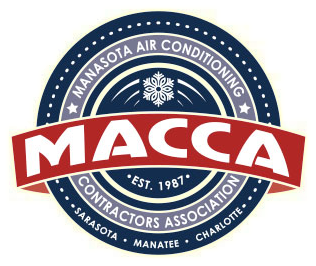Three-day operation was designed to protect consumers, the Sarasota County Sheriff’s Office says.
Herald Tribune - link to article
SARASOTA COUNTY – Nine unlicensed contractors were arrested last week in a sting operation designed specifically to protect consumers, the Sarasota County Sheriff’s Office says.
Operation Freelancer IV is an investigation by the police department into individuals who “advertise home repair services that require a license to complete,” the Sarasota County Sheriff’s Office said. The three-day sting operation resulted in 11 felony and seven misdemeanor charges.
Working closely with the Sarasota County Building Department, the Florida Department of Financial Services Division of Insurance Fraud and the Florida Department of Business and Professional Regulation, detectives contacted contractors to complete an assignment that legally required a license.
The DBPR database was checked to verify their status as licensed contractors upon their arrival at a “predetermined residence,” according to a news release.
Many of those taken into custody have had previous run-ins with the law. Between the nine of them, there are 40 prior felony or misdemeanor charges, including eight convictions.
The apprehension of misleading repairmen has been a concern for the Sheriff’s Office for the past five years. Detectives are assigned to investigate tips received from people who encounter contractors who lack the required licenses, permits or certification.
Sheriff Tom Knight said that the risk of unlicensed contracting work is extremely high and that his police department is doing its best to crack down on offenders.
“Consumers are exposing themselves to financial and physical risk by allowing these people to enter their home, unlicensed, and in some cases, with criminal histories,” he said. “Let this be a warning to criminals who come into our community and illegally solicit services, that their behavior will not be tolerated.”
The nine people arrested were:
■ Charles Cochran, 55, Port Charlotte
■ Richard Hayez, 67, North Port
■ Joseph Hopp Jr., 56, Bradenton
■ Timothy Jewell, 56, Sarasota
■ Jonathan King, 41, Englewood
■ Mark Lamoureux, 69, North Port
■ Terence Miller, 56, North Port
■ Raul Morey-Arenas, 58, Sarasota
■ David Pond, 43 Myrtle Beach, South Carolina
To check a Sarasota County license, call the Customer Service and Permit Center at 941-861-6678 or 941-861-3029. To report someone you suspect is acting as an unlicensed contractor or performing work without a permit, call 941-861-5000. For more information visit www.scgov.net/DevelopmentServices/Pages/ContractorLicensing.aspx.

